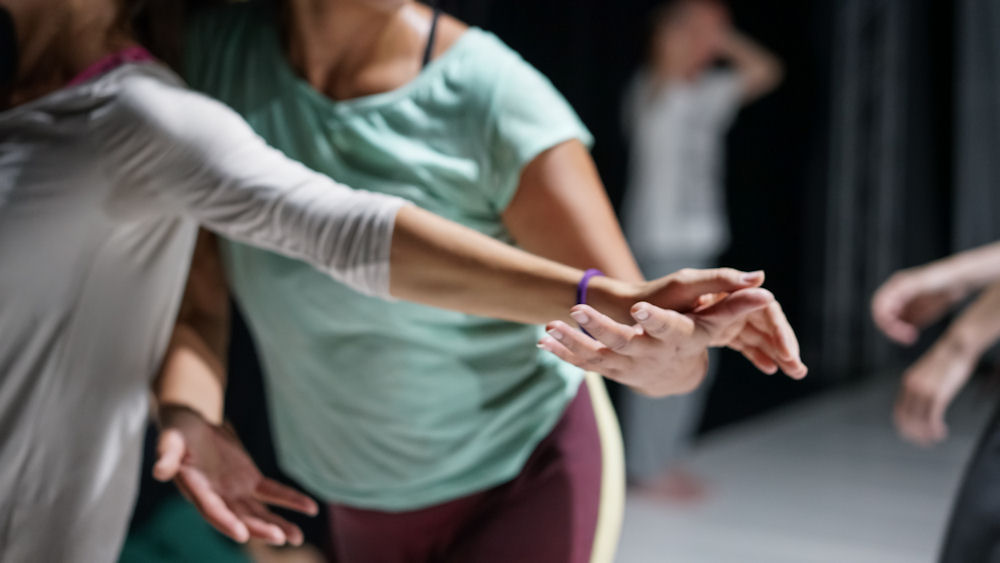Dance comes naturally to all of us. As babies, we moved in rhythm to the world around us, enjoying our “dance” and reaction to sounds. As addiction sets in and even into early sobriety, we stop connecting with our bodies, minds, and emotions. However, dance helps you return to a better place, one with greater openness for fuller healing.

Healing Begins Here
Dance Therapy for Addiction Recovery
Dance works well because your body does not often lie about your well-being. If you feel depressed, lonely, or angry, your words could discount these problems. You tell people you are fine. However, your body reveals the truth.
Dance therapy uses your body’s natural honesty to connect with others, such as your therapist or counselor. You also find yourself more engaged in your recovery and treatment. You use greater honesty after letting go of the little “white lies” you tell each day, those of being fine despite the problems you face.
Getting Started with Dance in Addiction Rehab
While the term “dance” describes the therapy, this work actually consists of movements and connections. You make your own moves to express your feelings, thoughts, and struggles.
Some group dance therapy program sessions involve holding a string or corner of a scarf to connect yourself to another person. The other person holds the other end of the string or scarf. Both people work together to move in harmony without losing their grasp on the connection.
Some sessions involve individual movements without connecting to another person. Other therapy sessions use instruments, props, or costumes to help you connect with music or the dance itself.
Dance works best as therapy when you and your therapist or counselor develop goals for your sessions. With each passing session of dance therapy, you enjoy it more and see its benefits. This makes the process feel less awkward. At the end of your appointments, your therapist or counselor helps you understand the advances you made through your dance activity.
A Mix of Therapies in Portland, Oregon
Therapies and programs of Crestview Recovery include:
- Inpatient, PHP, IOP, and outpatient rehab
- Extended care and aftercare
- Individual therapy and group therapy
- Music and dance therapies
- Dual diagnosis treatment
- Trauma therapy with therapists or counselors
Dance therapy helps you learn more about your own needs and experiences, as well as how those affect your daily life. So, call Crestview Recovery now at Finally, art therapy encourages free self-expression through the medium of drawing, painting or modeling. It is led by our licensed therapists, who observe your creative process to diagnose your feelings and help you become aware of how those feelings are impacting your dependency. to learn more about including this therapy in your individualized treatment plan.





















